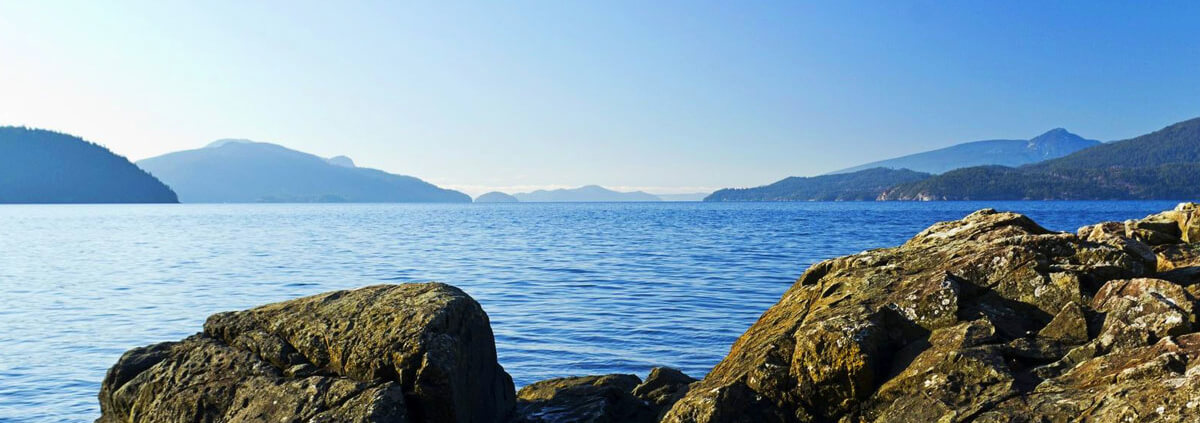Cleaning up the Salish Sea
“Underwater meadows of eelgrass not only act as filters to stop pollutants and sediments from entering marine ecosystems, they’re a kind of nursery for fish,” says Sarah Verstegen, operations manager for SeaChange. “And they enable young salmon to adapt from fresh water to salt water because the eelgrass grows in places where fresh water mixes with salt water.”
That’s why the SeaChange Marine Conservation Society is so busy hauling engine blocks, skiffs, tires and other debris from numerous sites along B.C.’s coast. It’s vital for effective eelgrass restoration – which is essential habitat for Chinook smolts.
Unfortunately, many of Vancouver Island’s inlets where eelgrass predominates were also dumping grounds for industry of past generations. SeaChange was originally formed in 1998 to restore terrestrial as well as marine sites. When they decided to restore eelgrass in Genoa Bay in 2015, “We were literally tripping over junk in water just one metre deep,” she recalls. “Eelgrass may grow like a weed, but it’s extremely susceptible to everything from shade to chemical runoffs – and of course garbage.”
Ultimately, 52 tonnes of debris was removed from Genoa Bay. This led to the society performing the same service – and removing roughly the same amount of garbage – from Tod Inlet. The society used SCUBA divers, lift bags, work floats, barges and cranes to work in areas previously mapped by its summer students.
The Salish Sea is another focus for SeaChange. “We’re adding more sites to over 20 eelgrass restoration projects within its estuaries; we locate potential restoration sites where the meadows would have been historically present and then transplant eelgrass shoots,” says Verstegen, who credits the Pacific Salmon Foundation for supporting her organization’s efforts.
One thing is certain: SeaChange’s work won’t stop anytime soon. “With the support of PSF and other bodies, we’ll be spending at least five years removing debris and performing other services as required,” says Verstegen. “It’s not easy work – but it’s enormously fulfilling.”
The restoration work complements ongoing drone research through the Salish Sea Marine Survival Project to examine the relationships between eelgrass losses and upland water use and water quality.



